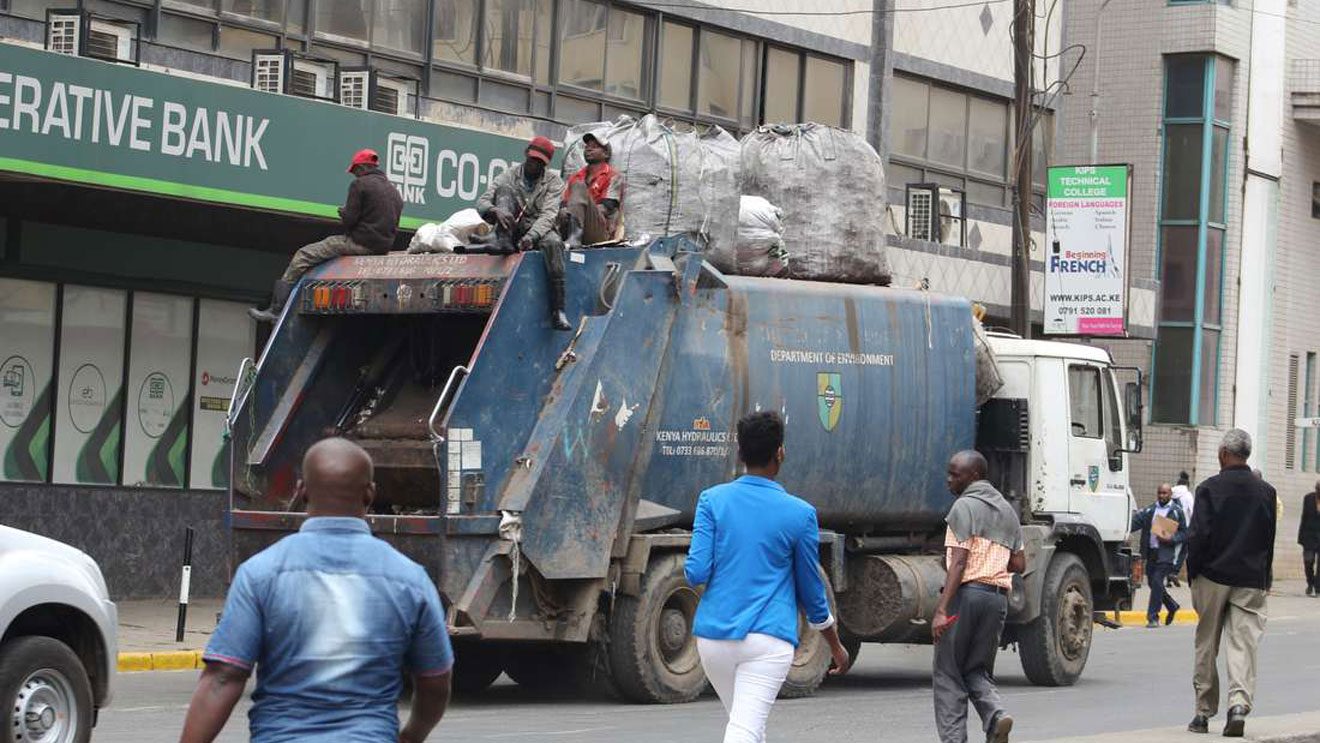

Nairobi City County has launched a
crackdown targeting tea and coffee hawkers in the Central Business District
(CBD) amid the rising plastic waste.
The City’s Environment Chief Officer, Geoffrey Mosiria, raised concerns over the growing number of hawkers using disposable cups and single-use plastic bags without proper waste disposal.
"Most of them do not carry litter bins to manage waste after their customers consume their products,” said Mosiria.
According to the official, these waste materials end up clogging the drainage systems within the city, contributing to flooding.
As part of the operation, Mosiria said the hawkers will now be restricted to designated back-lane areas, in line with county regulations.
“We have launched an operation targeting these hawkers, who will now be required to operate like any other hawkers, strictly within designated areas (back lanes),” he noted.
The county, he stated, is also pursuing suppliers of single-use plastics and has vowed to take legal action against them.
“We
must do everything necessary to restore order and cleanliness in our CBD,”
Mosiria added.
During the Wednesday night operation, several hawkers were arrested and later released.
He stated that the county spends a huge amount of money to keep the city clean, and so there was a need for those found engaging in illegal dumping to be held responsible.
The county recently installed new waste bins across the CBD in a bid to curb illegal dumping.
The frequent floods within the city are largely attributed to
such waste, which clogs the drainage systems and waterways.
Approximately 3,000 to 4,000 tons of solid waste are generated daily, with a significant portion remaining uncollected and ending up in drainage.
This blockage worsens the impact of heavy rains, leading to severe flooding, sanitation issues, and health risks.














